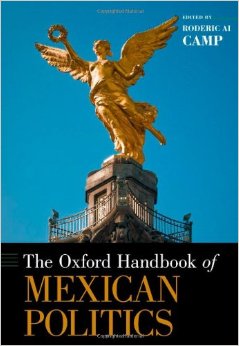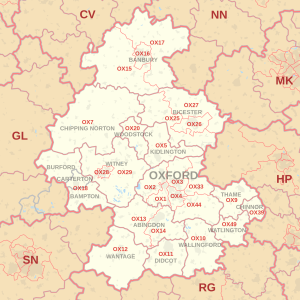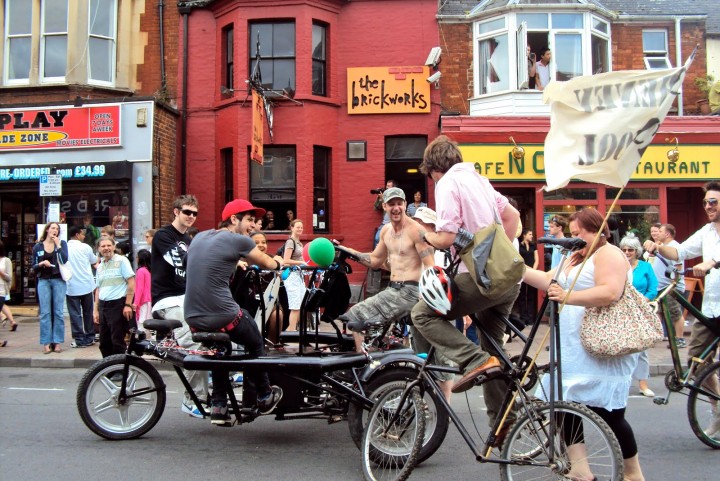 Not being of political conviction, and determined to vote effectively, I’m probably like many people in the UK at the moment.
Not being of political conviction, and determined to vote effectively, I’m probably like many people in the UK at the moment.
Oxford is a stimulating place to be.
I’ve enjoyed baiting champagne socialists – university teachers and self-styled Trotskyists with half-baked ideas plus inherited money and several very expensive houses. There’s a distinct community of students who couldn’t leave – and why not? They retain “Friends” style social groups and I enjoy being on their periphery. I was born and educated in Oxford, but had breaks away to enjoy the Army, London and the darling buds of Kent.
There are many ‘academic’ families struggling with Oxford house prices on university salaries; often with the double burden of both parents researching and travelling, mitigated by the excellence of most of Oxford’s schools. There are people who work in the vibrant local businesses – publishing, high tech, software etc; those who commute to London to work (while retaining their Oxford bohemian qualifications) and those who don’t work. Some of the later continue to be bohemian. Many do not. In the early 1990’s the Blackbird Leys estate was portrayed in the media more like Grand Theft Auto than the southern hinterland of my OX4 postcode. There is the social deprivation, apathy and ambivalence that led to the seeming-continuing mass grooming of underage girls for sex.
If you’ve read any of Oxford’s Prof Danny Dorling’s books or seen his distortion mapping, you’ll know that his data corroborates Oxford as being one of the most unequal of cities. This “inequality” is measured as the relative difference between those with the most and those with the least. The “tendency for being narrow-minded” is very much part of the phenomenal of inequality.
We’re divided into the constituencies of ‘Oxford West and Abingdon’ – which until 8 May is Conservative, and ‘Oxford East’ which is Labour. This suggests segregation to be part of Oxford’s inequality. On the other hand, I don’t think Abingdon is quite the centre of Tory prosperity that one might imagine the very expensive North Oxford to be.
 My post code OX4 – East Oxford and Labour – is the funky part of town, encompassing the eclectic Cowley Road, lots of HMOs (houses rented out to non-related people), and further out, the car plant and its residential localities including Blackbird Leys estate. As the huge student population goes home to vote, Labours’ success in OX4 is down to us aborigines.
My post code OX4 – East Oxford and Labour – is the funky part of town, encompassing the eclectic Cowley Road, lots of HMOs (houses rented out to non-related people), and further out, the car plant and its residential localities including Blackbird Leys estate. As the huge student population goes home to vote, Labours’ success in OX4 is down to us aborigines.
You would have thought that liberalism would thrive here. Perhaps the LibDems could take over from Labour, as the inverse of 1945 when Attlee’s Labour threw out Churchill’s Liberals? Pigs do fly in politics; and British politics was once divided between Whigs and Tories.
But that’s the problem for those of us with no political convictions. The names of the parties no longer reflect their policies, just the division. What are the differences? And how can we vote for the things that we strongly believe our country needs?
Labour’s Andrew Smith gains my approval by living in Blackbird Leys, although I’ve just been informed that he also has a £2m (?) house near the river in London. But he loses it for me by opposing the renewal of Trident contrary to his party’s line on this issue. (My opinion is that the British nuclear option makes tyrants and our allies more receptive to our views.) Our Greens candidate is also unlikely to vote for Trident; furthermore she won’t win so is unlikely to be able to vote for anything on my behalf. Could the UKIP wild card candidate win here? Almost certainly not, and UKIP couldn’t govern anything. But their policies do tick quite a few boxes, even if their Ian McDonald doesn’t inspire. Although… I now have it on the very best of authority (and a Green) that Mr McDonald is in fact a “very polite and decent all-round guy”. My lack of inspiration must therefore be due to his photographer’s lack of perseverance. (I have this very same problem.)
Could a growing UKIP vote in East Oxford influence Andrew Smith over the next five years? If so, do I vote UKIP? Or could a growing Green vote in East Oxford influence Andrew Smith – and should I vote Green to achieve it?
And that’s my choice, here on May 7th. But it’s not much of a choice is it? Not really.

Ever considered standing as an Independent? I would be with you!
Hi Terry,
That’s very decent of you Sir!! Elections are all about getting the undecided votes, as it seems to me that the rest aren’t actually going to bother to do any thinking! We’ve got the politicians we deserve I’m afraid.